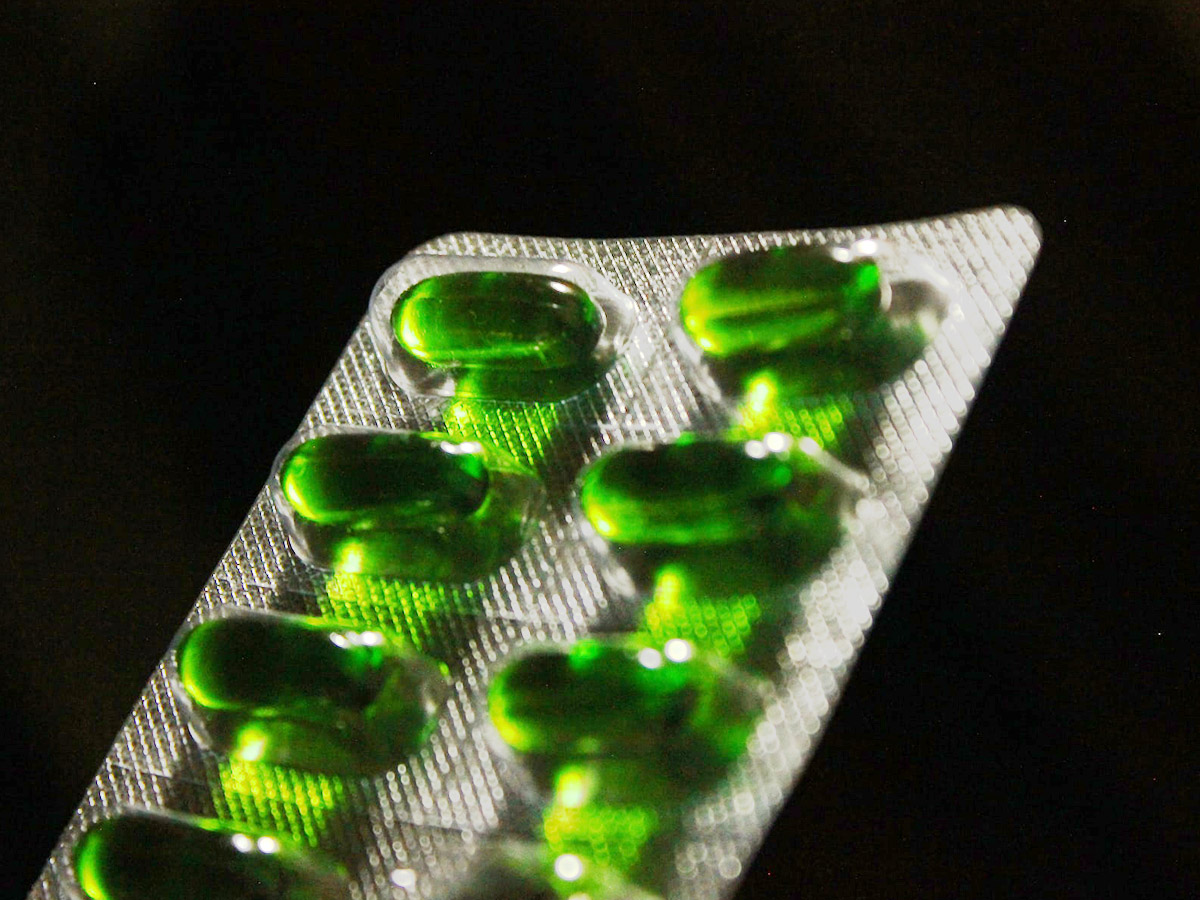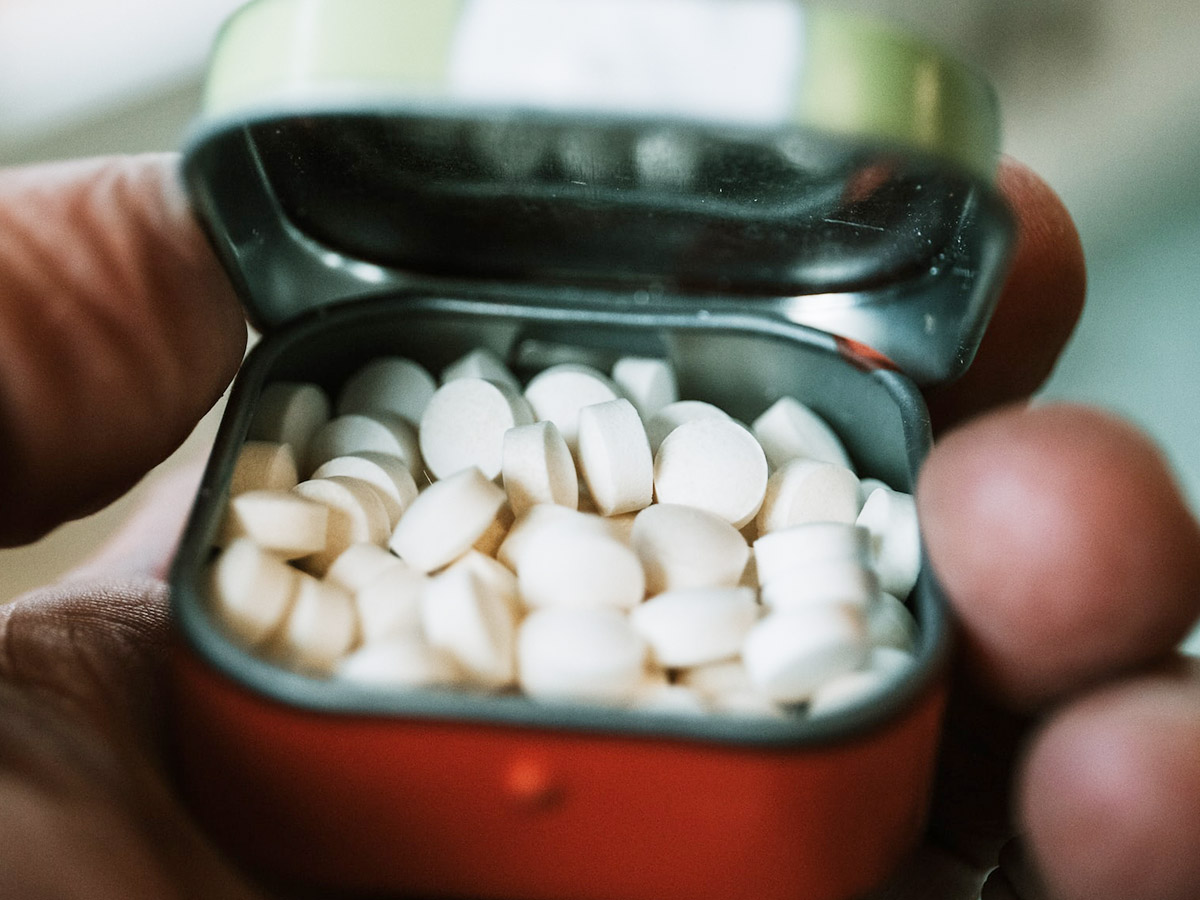If you’re looking for an edge in your cognitive performance, you may have heard of nootropics. Nootropics are substances that can improve your memory, focus, and overall brain function. But do nootropics help with stroke recovery? In this blog post, we’ll take a closer look at nootropics and their potential benefits for stroke recovery. We’ll cover what nootropics are, how they work, and what the science says about their efficacy. We’ll also touch on some of the potential risks and side effects of taking nootropics for your general health.
What Are Nootropics?
What are nootropics? Nootropics are cognitive enhancers that can improve memory, focus, and mood. They have been shown to be helpful in stroke recovery by improving cognitive function. Additionally, they may help to protect the brain from further damage after a stroke.
Nootropics can be divided into two categories: natural nootropics and synthetic nootropics. Both types of nootropics have been shown to be effective in improving cognitive function. However, there is some debate over which type is more effective. Some studies suggest that synthetic nootropics are more effective than natural nootropics, while other studies show that both types are equally effective. The effectiveness of each type of nootropic may vary depending on the individual user.
How Do Nootropics Work?
Nootropics are a type of supplement that is often used to improve cognitive performance. They work by enhancing various aspects of the brain, such as attention, memory, and focus.
How do nootropics work? The mechanism by which nootropics improve cognitive performance is not fully understood yet. However, it is thought that they act on neurotransmitters in the brain to modulate mood and behavior. Some people consider nootropics to be “smart drugs” because of their ability to improve cognitive function.
What are the benefits of using nootropics? Nootropics can have a variety of benefits, depending on the individual. Some common benefits include improved memory retention, increased focus and concentration, and better stress management skills. Additionally, many people report feeling more alert and energetic after taking a nootropic supplement. There are also some anecdotal reports that suggest nootropic supplements can help you achieve peak performance in your tasks or activities.
Are there any risks associated with taking nootropics? While there are generally low risks associated with taking most types of supplements (with the exception of prescription medications), there is always a small risk of side effects when taking any new medication or supplement. It is important to discuss any potential risks with your doctor before starting treatment. Also, note that many people experience mild side effects when starting out with supplemental therapy – these typically dissipate over time as you become more accustomed to using them. If you experience significant side effects from using a particular nootropic, please consult your doctor for advice on discontinuing use.
What Are The Benefits Of Taking Nootropics?

Nootropics are a type of supplement that is often used to improve cognitive function. There are many different types of nootropics, and they all have their own benefits and drawbacks. Some of the most common nootropics include caffeine, choline, and phenylpiracetam.
The benefits of taking nootropic supplements may help improve cognitive function. This can be beneficial for individuals who are struggling with poor memory or concentration, as well as those who want to boost their overall intelligence. Additionally, nootropic supplements might aid in brain cell regeneration. This could be helpful in cases where damage has been done to the brain cells, or where there is evidence of brain cell death. Finally, nootropic supplements could help reduce inflammation in the body. Inflammation is often associated with conditions like Alzheimer’s disease and dementia, so reducing inflammation could potentially be very helpful for these diseases.
There are, of course, also some drawbacks to taking nootropic supplements. Some people find that they experience side effects from these supplements. Others find that the benefits of taking nootropics aren’t enough to outweigh the negative side effects. Additionally, it is important to be aware of the potential for addiction to many nootropic supplements. This means that it is possible for someone who takes these supplements for long periods of time (even daily) to develop a dependency on them. If this happens, it can be difficult to stop using the supplement without experiencing significant withdrawal symptoms.
Are There Any Side Effects Of Taking Nootropics?
There are a variety of nootropics available on the market today, and each one has its own set of benefits and potential side effects. Nootropics can help with stroke recovery by improving cognitive function and memory. They are generally safe and well-tolerated, but there are some potential side effects to be aware of. If you are considering taking nootropics, be sure to talk to your doctor first.
There are a few potential side effects to be aware of when taking nootropics. Some people experience headaches, dizziness, or drowsiness. It is important to talk to your doctor about any possible side effects before starting any nootropic regimen, as they can vary significantly from person to person. Be sure to monitor your body’s reactions and stop taking the nootropic if you experience adverse effects.
Who Should Take Nootropics?
Nootropics are substances that have been shown to improve cognitive function and memory. They are also often taken for better physical health and brain health. In addition, nootropics can be used to protect the brain from age-related cognitive decline. So, if you are looking to improve your memory or cognitive function, or if you want to keep your brain healthy as you age, then you should consider taking nootropics!
There are many different types of nootropics, and each one has its own unique benefits and drawbacks. Some nootropics are better for memory recall while others are more effective at improving cognitive function. However, not all nootropics are created equal. And, as with any other supplement or medication, you should always speak with a doctor before starting to take nootropic supplements if you have any concerns about adverse effects or interactions.
When choosing which type of nootropic to take, it is important to consider your specific needs and interests. For example, some people find that piracetam helps improve their focus and concentration while others find that it increases their motivation and creativity. It is also important to consider the side effects of each individual nootropic before taking it because some can be very mild while others may have more serious consequences. Overall, though, taking a variety of different types of nootropics can be extremely beneficial for both your mental health and physical well-being!
When Is The Best Time To Take Nootropics?
When it comes to taking nootropics, the best time is when you need them. Some people find that they help them think more clearly and focus better. Others find that they can improve their mood or anxiety levels. It is important to experiment and find what works best for you. There is no one right answer, as different people respond differently to different types of nootropics. What works for someone else may not work for you, so experimentation is key!
If you are looking to take nootropics for the first time, it is important to do so when you have a lot of free time. This will allow you to fully experience the effects the nootropic has on your mind and body. Some people find that they need more than one dose per day in order to see results, while others only need a single dose. As long as you are taking them regularly, there is no wrong way to go about it!
However, if you are looking to take nootropics on a regular basis, it is best to consult with your doctor first. There are some types of nootropics that can be dangerous if not used correctly, and doctors know how to prescribe them safely. If you do decide to try taking nootropics without consulting your doctor first, be sure to follow all instructions carefully and never consume more than the recommended dosage. Also, keep in mind that the effects of different types of nootropics vary from person to person; what works for one person may not work for another! Always experiment and find what works best for you!
How Long Do I Need To Take Nootropics For Stroke Recovery?
There is no evidence that nootropics help with stroke recovery. Nootropics, such as Rhodiola Rosea, may improve cognitive function in healthy people. However, there is currently no evidence to suggest that these supplements are effective for stroke recovery specifically. More research is needed to determine if this type of supplementation is effective for this purpose.
It is important to note that nootropics, like any other supplements or medication, should be taken with caution. If you are taking them for stroke recovery, it is important to speak with your doctor first to ensure that they are safe and effective for you. Additionally, be aware that nootropics may not work for everyone and may require trial and error before finding a supplement that works best for you.
What Kind Of Results Can I Expect From Taking Nootropics For Stroke Recovery?
There is no one size fits all answer to the question of what kind of results can be expected from taking nootropics for stroke recovery. However, many people report improved cognitive function, increased energy levels, and mood enhancement from taking these supplements. Additionally, they may help to improve sleep quality and reduce stress levels, both of which are important factors in aiding in successful stroke recovery.
Given the many benefits that nootropics can provide for stroke recovery, it is important to choose the right kind for you. Some types, such as piracetam, are known to improve cognitive function. Others, like choline supplements, may help to increase energy levels. And still others, such as omega-3 fatty acids, may be helpful in promoting mood stability and reducing stress levels. Whichever type of nootropic you decide to take for stroke recovery, make sure to discuss your individual needs with a healthcare professional who can help guide you in the right direction.
Can Nootropics Be Beneficial for Seizure Treatment?
Managing seizures with nootropics: Nootropics, a group of cognitive-enhancing substances, hold potential benefits for seizure treatment. Studies suggest that certain nootropics may help stabilize electrical activity in the brain, reducing the frequency and intensity of seizures. While further research is needed to establish their efficacy and safety, these compounds offer a promising avenue for managing seizures with nootropics.
Summing up: Do nootropics help with stroke recovery?
Nootropics have the potential to improve cognitive function and memory, making them a valuable tool in stroke recovery. However, as with any supplement or medication, it is important to speak with a doctor before starting any nootropic regimen. Additionally, be aware of potential side effects when taking nootropics, and monitor your body’s reactions carefully.

